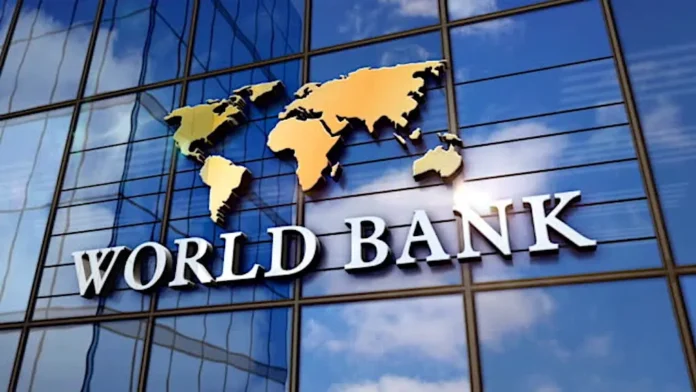The federal government intends to seek a $2.5 billion loan from the World Bank to finance the 2024 supplemental budget.
This financing would augment the N50 billion Presidential Infrastructure Development Fund (PIDF), which is handled by the National Sovereign Wealth Investment Authority (NSWIA).
Sen. Atiku Bagudu, Minister of Budget and Economic Planning, made the announcement at a briefing to the Joint Senate and House of Representatives Committees on National Planning and Economic Affairs in Abuja on Tuesday.
He said that the $2.5 billion is designed to supplement the N50 billion that is insufficient to carry out the Renewed Hope Transformational Projects under President Bola Tinubu’s government.
President Tinubu had previously announced his intention to forward a Supplementary Appropriation Bill to the National Assembly for consideration.
Bagudu indicated that the supplementary budget would primarily focus on transformational projects, with potential provisions for the new national minimum wage.
The projects listed include the Lagos-Calabar Coastal Road, the proposed Sokoto-Badagri Road, and the completion of ongoing railway projects that lack counterpart funding.
Additionally, the budget aims to allocate more funds for CNG and LNG projects to improve energy for transportation and household use, and to support the Trans-Saharan Highway, a project inherited by the current administration.
Bagudu elaborated on the president’s directive, stating, “The supplementary budget that was announced or rather was mentioned, came about when Mr. President presented a memo to the Federal Executive Council.
In the memo, he said that he inherited the Presidential Infrastructure Development Fund, which was domiciled in the National Sovereign Wealth Investment Authority.
He has also identified transformational projects, including Lagos-Calabar Coastal Road; proposed Sokoto-Badagri Road; completion of all ongoing railway projects, which we have not provided counterpart funding.
We also plan to fund the rehabilitation and expansion of dams and irrigation schemes to support increased production within the economy. Last but not least, more money to support CNG, LNG.”
Bagudu noted that the draft for the supplementary appropriation bill is still under preparation and has not yet been submitted to the Federal Executive Council.
He addressed concerns about the new wage demands by organized labor, indicating that the supplementary budget might cover the new pay requirements, although the government is still assessing revenue impacts amid current economic challenges.
Commenting on the performance of the main 2024 budget of N28.7 trillion, Bagudu explained the delay in releasing funds to some Ministries, Departments, and Agencies (MDAs).
He noted that the usual practice of quarterly fund releases has been replaced by a bottom-up cash management approach, which ensures that funds are only released upon the completion of procurement processes.
Bagudu also highlighted efforts to improve treasury management, including the Ministry of Finance directly handling payments for certain contracts to pool financial resources centrally.
Sen. Yahaya Abdullahi, who chaired the session, suggested that the executive should have proposed amendments to the 2024 budget instead of submitting a new one, considering the time required to process a new bill.




